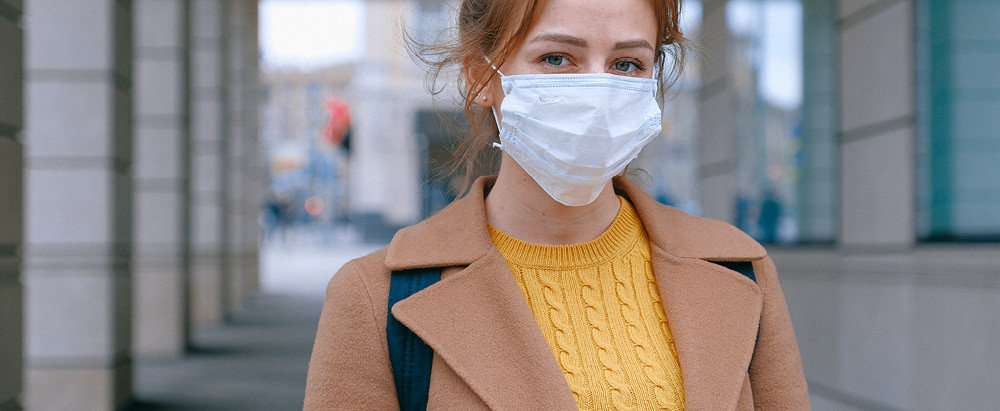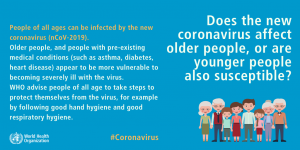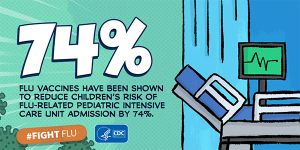What Patients Need To Know About Coronavirus

Please view FamilyAllergy.com/COVID for updated COVID-19 Office policies.
Updated April 3, 2020 –
Currently, all allergy offices are open.
Effective Wednesday, April 1, we will be suspending Saturday shot hours until further notice.
Starting the week of April 6, we will be reducing our shot room hours in many offices. Please visit our locations page and select your office to view the updated hours.
Is it okay to keep my appointment?
Yes. Our team is taking extra precautions to protect those in our waiting rooms and clinic area. If you have an appointment and no fever, then it is safe to keep your appointment.
Is it okay to get my allergy shot?
Yes. As long as you do not have a fever or have not had a fever, it is safe to get an allergy shot. Our shot rooms are open and taking additional steps to ensure you can safely continue your shot schedule.
Are Telemedicine/e-visits available?
Yes. We do offer telemedicine visits for established patients who need a check-up. Learn more.
- Social Distancing: In our waiting rooms, we have changed and limited our seating to meet the social distancing standard of 6 feet.
- Shot patients, after receiving your shot, we ask that you return to your car to wait 30 minutes, instead of waiting inside our waiting rooms.
- We are spacing out appointments for cluster and rush patients to allow them to be safely separated.
- We are limiting patients to one guest (i.e. parent, guardian, partner) present for any appointments or allergy shot visits. All other visitors will need to wait in the car.
- The only exception will be if siblings have an appointment scheduled at the same time (or near the same time) – in this instance, siblings can be in the same room with one parent or guardian.
- Cleaning: Our team has begun taking additional cleaning measures every two hours in the lobbies and shot rooms. All toys have been removed.
- Screening: Additional screening questions will be asked when making an appointment about travel and symptoms. Our front office staff will also screen patients for fever upon arrival.
FAA Fever Policy:
During this time, if you or anyone in your household have a fever or have had a fever, body aches, or chills within the last 14 days, we will ask that you reschedule your appointment or postpone your shot.
If you have an appointment, please call to reschedule. Allergy shot patients should not get an allergy shot if you have a fever; we recommend waiting until you are fever free for two weeks before continuing your shot schedule.
If you have a fever with a cough or body aches, please call your primary care physician or an urgent care center for further instructions.
Your health is our top priority.
We will continue to monitor this situation and to update you as any changes occur over the coming weeks. If you have any questions or concerns, please call our offices.
Coronavirus (COVID-19) Facts:
- It is spread through coughing and sneezing, as well as close personal contact.
- Symptoms appear 2-14 days after coming in contact with the virus.
According to the Centers for Disease Control (CDC), COVID-19 symptoms can include:
- Fever
- Cough
- Shortness of breath
What if I think I am sick?
Call your primary care provider or an urgent care center if you develop symptoms and you have been in close contact with a person known to have COVID-19, or you have recently traveled from an area with ongoing spread of COVID-19.
Please know that not all patients with COVID-19 require hospital admission. Those without respiratory complications can self-isolate, but should seek medical attention if their illness worsens. Patients who are at risk for complications should be admitted to the hospital under appropriate isolation precautions.

Image from WHO
Who is at risk?
According to the World Health Organization (WHO), the highest risk groups include:
- People caring for someone who is ill with coronavirus
- People over age 60
- People with chronic medical conditions such as: High blood pressure
- Heart disease
- Diabetes
- COPD
- Asthma
If you have an appointment but have or have had a fever please call to reschedule or, if you are due an allergy shot, please postpone your shot. Due to the greater risk to our respiratory disease patients, we ask that patients are fever free for two weeks before entering our waiting rooms.
Asthma and COVID-19
Our Chief Medical Officer, Dr. James Sublett spoke to WAVE3 about coronavirus and the precautions that those with asthma need to take.
There is an increased risk for those with asthma or respiratory diseases to be vulnerable to COVID-19, however, the precaution guidance is the same as the flu:
- Make sure you and your children have received the flu vaccine.
- Take daily asthma medicines to keep your asthma under control.
- For those who do get sick, call your doctor, and follow your Asthma Action Plan.
How can you avoid getting COVID-19 and other respiratory infections?
- Wash your hands often with soap and warm water for 20 to 30 seconds, always after coughing or sneezing.
- If you don’t have access to running water, use an alcohol-based hand cleanser that is at least 60% alcohol.
- Don’t touch your eyes, nose, or mouth.
- Stay away from people who are sick.
- Don’t share makeup, food, dishes, or eating utensils.
If you think you were exposed to the COVID-19, contact your primary care provider to discuss your symptoms and travel history.
Learn more about prevention at the CDC Website.
Reminder About the Flu
Influenza is still active.
In the US, influenza activity is still high. We encourage everyone to get the flu vaccine yearly and this year is no different. The flu is known to worsen asthma and is still the biggest threat to asthmatics and patients with COPD.
Learn about Influenza and Respiratory Diseases.
The differences between coronavirus, flu, and allergies:
| Coronavirus | Flu | Allergies |
|---|---|---|
|
Main Symptoms: Fever Cough Shortness of breath |
Main Symptoms: Fever Headaches Body Aches Fatigue and exhaustion |
Main Symptoms: Sinus Congestion Runny Nose Post Nasal Drip Sneezing Coughing Itchy or Watery Eyes |
We are committed to protecting the health of all patients.
Thank you for your cooperation.
Family Allergy & Asthma
Sources:
https://www.cdc.gov/coronavirus/2019-ncov/index.html
https://www.who.int/emergencies/diseases/novel-coronavirus-2019/advice-for-public/myth-busters



